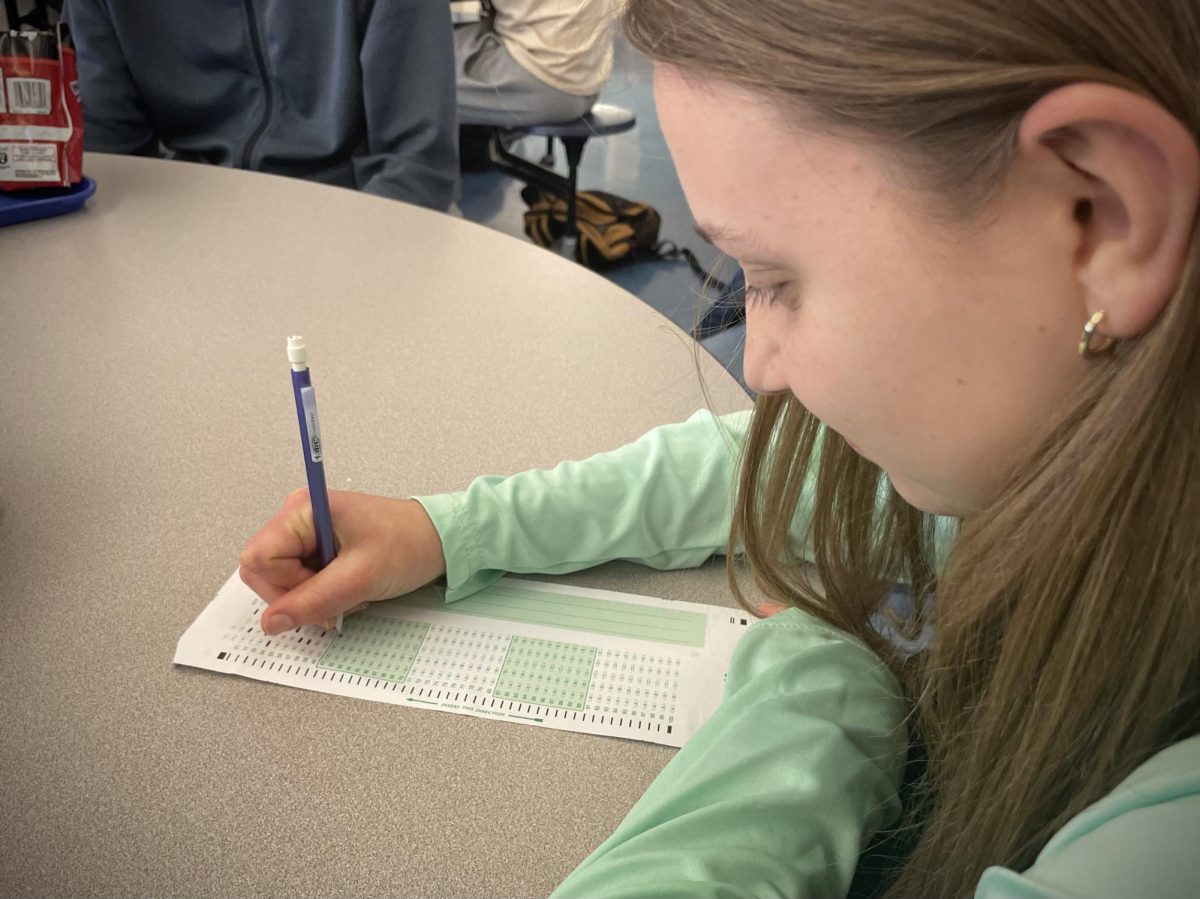When it comes to taking kids to soccer practice or art lessons, parents are ahead of the game. But when examining the entirety of the treatment of American children, the United States is far behind other countries.
Children in the United States are more likely to suffer through poverty and homelessness compared to other parts of the world and far fewer children make it to adulthood due to gun violence and drug usage.
Moreover, when it comes to education, the nation is greatly lacking.
The Program for International Student Assessment is an exam taken world wide. When looking at the average scores of 15 year old American students from 2015 in the science, mathematics and reading divisions, dozens of schools around the world boast impressive scores with Singapore in the lead.
The US doesn’t even make it onto the scoreboard.
Studies have shown that on average, thirty countries now outperform US children in the math and science categories. Furthermore, current millennials in the workforce are worse off compared to neighboring countries when it comes to problem solving.
It appears as though the decrease in quality of education among America’s children trickles down to a less knowledgeable pool of working adults, a result that could be detrimental to the development of the nation.
Today’s high schoolers are exposed to students from other countries and are becoming more aware of the flaws in the American education system compared to past generations.
Junior Sabrina Richards strongly believes that the success of a school system comes from the intent behind the teachings. “In America, schools try to get students to graduate as soon as possible. According to my Italian friend, most European countries genuinely prioritize education for students and the well-being of teachers, and because of it, they have a much more knowledgeable population,” Richards said.
One common factor between countries with successful education systems is the level of support that exists between different levels of the administration, something that is undervalued in the United States. Whether it be in a classroom or at the Board of Education level, other nations appear to have cracked the code to a collaborative school system while the United States continues to struggle with undervalued teachers, poor curriculum organization and lots of homework.
Finland, a country with one of the most globally praised education systems, uses homework simply as a recap of lessons learnt in class. Much of the required content is covered during the school day, lessening the significance of homework on the lives of students.
Most high schoolers in the United States, on the other hand, spend hours into the night trying to finish homework after returning from a gruesome day at school. On average, teachers assign around 3.5 hours worth of homework a night and as junior Jocelyn Bock puts it, “US schools have normalized giving so much homework that it becomes unmanageable for students.”
The way the United States tends to its children has many flaws, and the current schooling system is one of them. As countries around the world continue to develop, the United States will eventually be left with an uneducated public. If the system is not altered, the rest of the world will move on and America’s youth will soon be in for a rude awakening.










Steven Ly • Mar 1, 2024 at 1:14 pm
I found it interesting that United States doesn’t match with the world’s scores even though we have some of the top universities in the world here. I agree with Sabrina Richards. I believe we should prioritize the learning in America especially for the younger generation. Also teachers need be valued more.